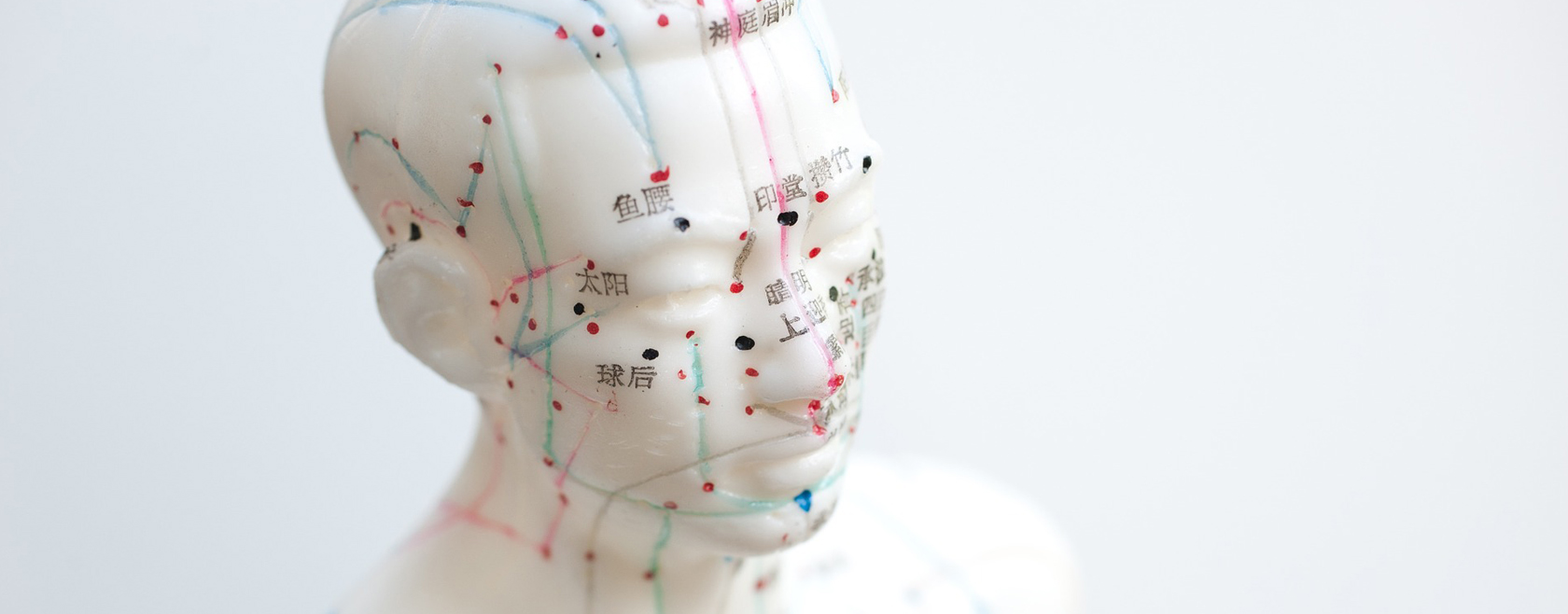TRADITIONAL CHINESE MEDICINE (TCM)

What is Traditional Chinese Medicine?
During your first appointment, Lingli Hu will explain to you the fundamentals of the Traditional Chinese Medicine.
More than 3000 years than the TCM exists. The first known text dating back to -1250 BC. Since then many books have been written increasing the knowledge and understanding of this complex and subtle medicine that continues to progress because it is a science that is constantly evolving despite its millennial origins.
The TCM has a holistic vision of the human being, it is based on the observation of the body as an integrated whole which must be treated as such. It seeks to understand the human being in good health or ill, by studying the internal energy, called Qi, which circulates in the body by the meridian way, interconnected channels which cross the body and every single one of them corresponds to a system of organs and viscera.
What are the TCM treatments offered in Acupunture Baleares?
There are 5 pillars in the TCM:
- Acupuncture (needles or moxibustion)
- Chinese pharmacopoeia
- Tuina massage
- Chinese dietetics
- Energy exercises called Tai-chi and Qi-gong
Lingli, after a first check-up of at least 2 hours, will choose the duration of the treatment and the optimal methods for each person.
Acupuncture is the application of pressure on strategic points located on the meridians in order to rebalance them to restore a smooth circulation of Qi and thus reduce and eliminate physical and /or psychic symptoms.
It can be done with needles or moxa ( sticks of dried plant usually mugwort) that stimulate the points.
Chinese pharmacopoeia’s main interest is benefitting from the synergy of several plants that have similar properties and that are quickly eliminated from the body: less than 48h, and does not result in accumulation of toxins in the body.
Tuina massage, a set of maneuvers that stimulate or disperse the Qi energy that Lingli practices from time to time only associated with acupuncture.
What is the scope of Traditional Chinese Medicine?
Recognized by the World Health Organization, it is a complete therapeutic method without side effects. Acupuncture and moxibustion were listed in the Intangible Cultural Heritage of Humanity by UNECO in November 2010. for example in France, the Pitié–Salpêtrière hospital in Paris opened in 2009 the CIMC (Integrated Center of Chinese Medicine) to evaluate and adapt its practices to chronic or difficult diseases and to participate in Franco-Chinese research.
Its field of action is immense, it is particularly recommended for:
- Common ailments such as migraines, neck pain, sciatica, muscle pain, rheumatism, carpal tunnel syndrome.
- The musculoskeletal system: torticollis, arthritis, tendinitis, bursitis, lumbago, gout, sprain, edema
- The respiratory system: colds, flu, bronchitis, cough, asthma, angina, sinusitis, allergies.
- The gastrointestinal system: bloating, acid eructation, stones, diarrhea, constipation, gastroenteritis, chronic appendicitis, stomach ulcer, duodenal ulcer.
- The nervous system: depression, stress, asthenia, fear, epilepsy, insomnia, hypertension.
- Gynecological problems: dysmenorrhea, amenorrhea, irregular menstruation, premenstrual syndrome, pregnancy nausea, menopause, urinary tract infection, cystitis, uterine fibroid, infertility.
- Dermatological problems: urticaria, eczema.
- Sequels of stroke: hemiplegia, slurred speech, facial paralysis, vertigo.
- Others: losing weight, face-lift, smoking cessation.
The TCM is often very helpful during heavy or long therapy and is extremely effective as a preventive method to maintain good health. Besides, today’s China is endowed with the most modern hospitals with whole departments dedicated specifically to acupuncture.
